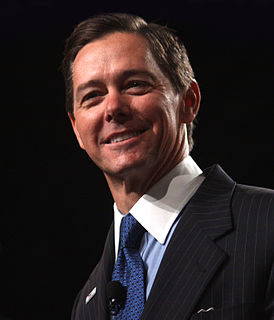A Quote by Joel Salatin
Gluten intolerance and celiac disease are direct results of American agriculture policy and, specifically, the government's wading into the food arena.
Quote Topics
Related Quotes
For example, they have land. The government of Qatar wants to lease the Tana River delta, which is in Kenya, from the Kenyan government, so that they can produce food there. People in Kenya need food. We have people who have studied agriculture. Why is it that if we really need food, we cannot go into the delta and develop our own food?
Intolerance lies at the core of evil. Not the intolerance that results from any threat or danger. But intolerance of another being who dares to exist. Intolerance without cause. It is so deep within us, because every human being secretly desires the entire universe to himself. Our only way out is to learn compassion without cause. To care for each other simple because that 'other' exists.
The zealous disdain for religion in American jurisprudence amounts to intolerance. Keith Fournier of the American Center for Law and Justice concludes that 'the ones not being tolerated are religious people who dare make any kind of religious reference or take any kind of religious posture outside the private arena.
Agriculture is not crop production as popular belief holds - it's the production of food and fiber from the world's land and waters. Without agriculture it is not possible to have a city, stock market, banks, university, church or army. Agriculture is the foundation of civilization and any stable economy.
Whether the struggle was between English merchants and the American colonies, pre Civil War northern manufacturers vs. southern slave holders, or American grain farmers and auto manufacturers seeking advantage in the Mexican agriculture and labor markets in the 1990s, U.S. policy has reflected the economic clash of interests of the day.



































